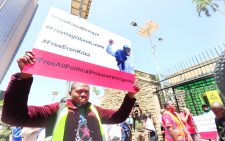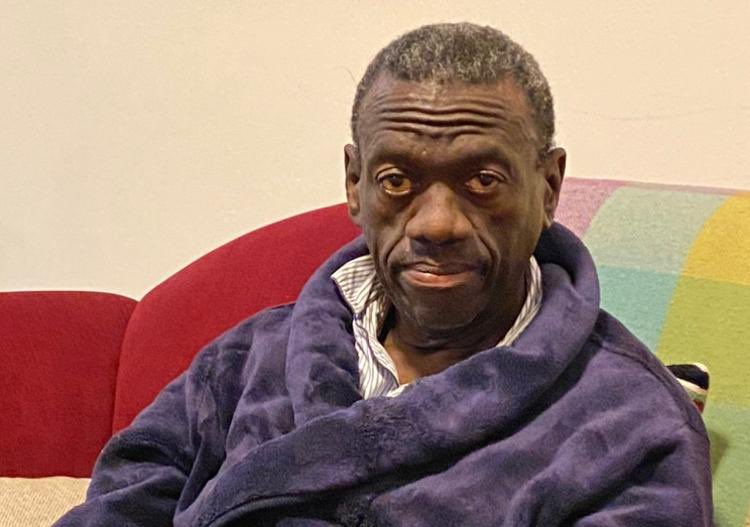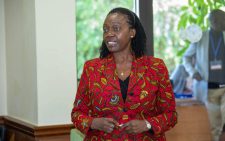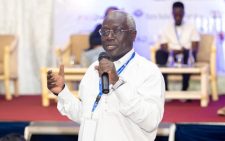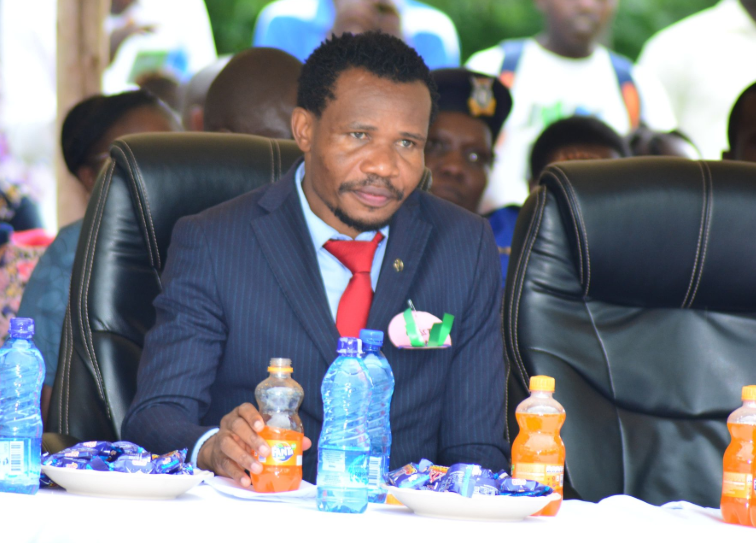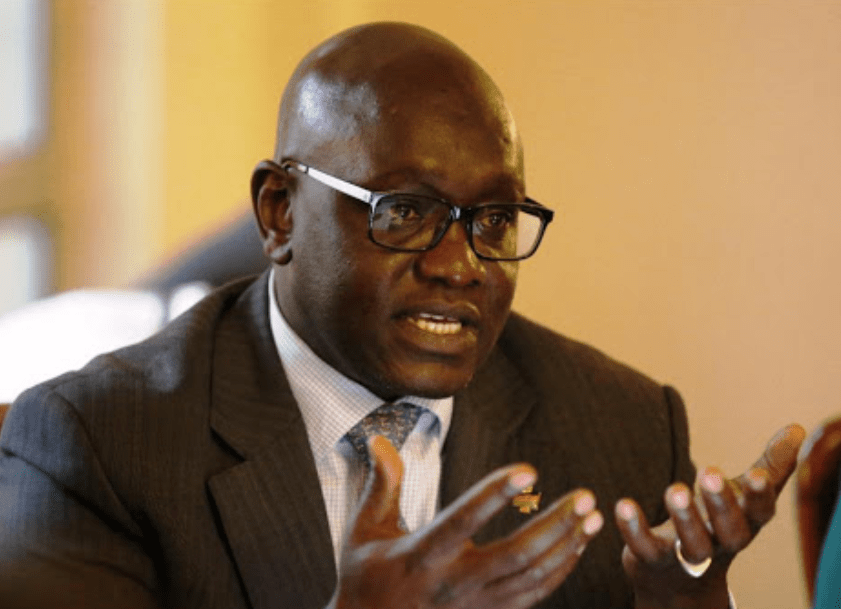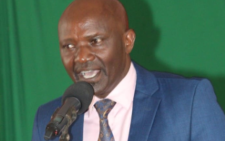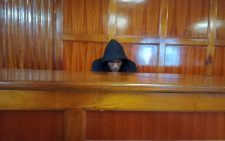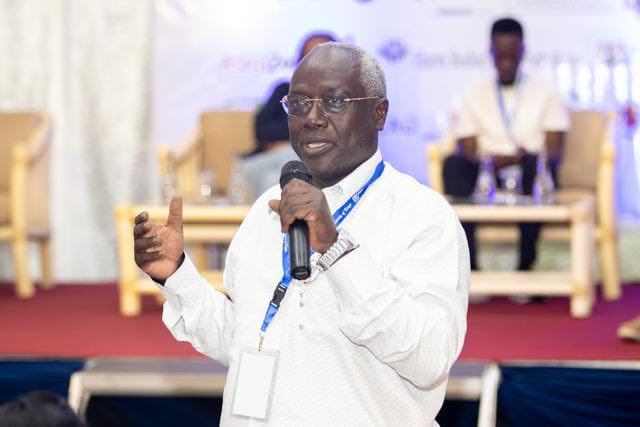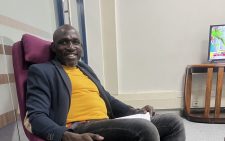How Besigye was abducted
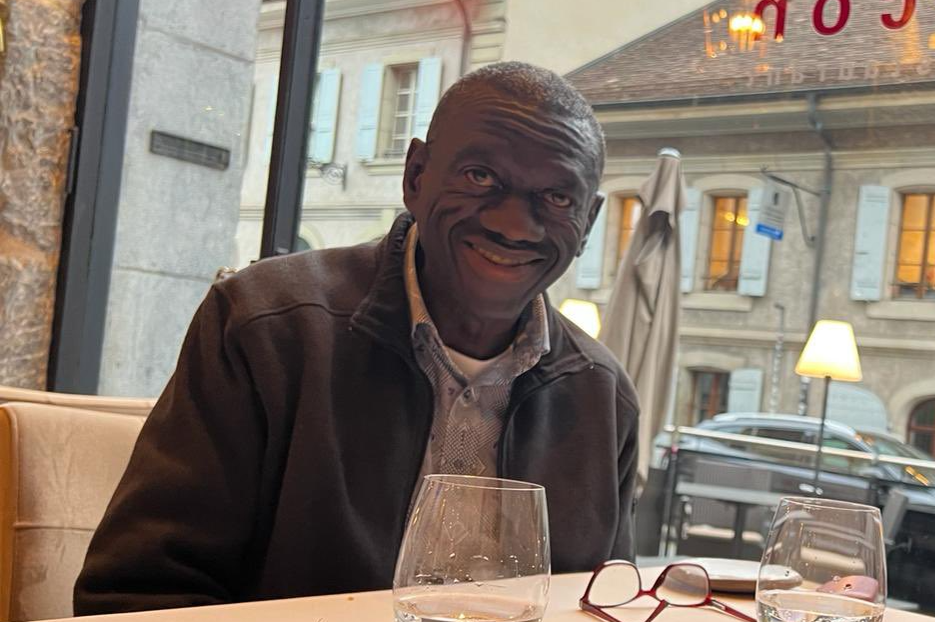
Though Kenya yesterday denied any involvement in the abduction and subsequent deportation of Uganda Opposition leader Kizza Besigye, the latest cases of abductions have portrayed Kenya as a hostile place for those seeking protection from war and political prosecution.
Dr Besigye and his “comrade” identified as Hajj Obeid Lutale, were kidnapped from Nairobi on Saturday. He had been in the country to attend a book launch by opposition politician and former Minister for Justice, Martha Karua. Ugandan media reported that they were forcibly repatriated to Kampala, Uganda, via Wilson Airport by their abductors and detained at the Makindye Military Barracks in Kampala.
Yesterday, they were arraigned at the Makindye Court Martial in the Ugandan capital, charged with allegedly possessing two pistols and eight rounds of ammunition, property of the Uganda People’s Defence Forces (UPDF).
The charge sheet stated that Besigye and Lutale were arrested at Riverside Apartments in Nairobi on Saturday while in unlawful possession of the pistols and rounds of ammunition.
Logistical support
Another charge stated that the two, with others still at large, had between October last year and November 2024 held meetings in Nairobi, Athens, Greece and Geneva, Switzerland, to allegedly solicit logistical support and identify targets with the intention of prejudicing security in Uganda.
Speaking to journalists at the court, Besigye said he had not been in any contact with any person since he was arrested in Nairobi. Beisgye first appeared without lawyers and had rejected government legal representation saying he was not a member of the armed forces and should be tried in a civilian court.
The opposition chief told the army court which was chaired by Brigadier Freeman Mugabe that he had no legal representation since he was not able to contact any lawyer, as he was held incommunicado.
Besigye was arraigned four days after he was arrested in Nairobi. His co-accused is also an FDC member who hails from Busiro County in Wakiso district.
They both denied the charges and were remanded in custody until December 2.
Sources said the Kenyan authorities were aware of the arrest that comes just months after 36 other activists were abducted in Kisumu and taken to Kampala where they are facing serious charges.
Confirmed arrest
The Executive Director of the Joint United Nations Programme on HIV/AIDS (UNAIDS), Winnie Byanyima confirmed the arrest and asked Uganda’s military to release her husband.
“I request the government of Uganda to release my husband Dr Kizza Besigye from where he is being held immediately. He was kidnapped last Saturday while he was in Nairobi for Hon Martha Karua’s book launch. I am now reliably informed that he is in a military jail in Kampala. We, his family and his lawyers demand to see him. He is not a soldier. Why is he being held in a military jail?” Byanyima posted on her X handle yesterday morning.
Besigye, 68, has been arrested on numerous occasions in the past. On one occasion, he was shot in the hand and had even been doused in pepper spray, injuring his eyes.
He led the Forum for Democratic Change (FDC) political party, contesting and losing four presidential elections against the incumbent Yoweri Museveni who has been in power since 1986.
He was seen on Saturday evening at an apartment complex on Riverside Drive in Kileleshwa Nairobi where he was later abducted after being trailed.
Besigye had checked into the Waridi Paradise Hotel and Suites on Saturday and then left in a taxi to go to a meeting at 108 Riverside Apartments, house number C1102.
“The driver waited for him in the basement parking from 4.30 pm to late evening till around 4 am on Sunday when he gave up and left, having received no response to his several messages,” the Pan-African Opposition Leaders Solidarity Network said yesterday.
“This trend of blatant violation of national, regional and international law with impunity, by authorities in Kenya regarding both Kenyan and non-Kenyan citizens, and now a prominent East African opposition figure is sinister and does not augur well for our safety as East Africans when we visit jumuiya counties,” the Network’s convenor Martha Karua said.
The arrest elicited mixed reactions with a Ugandan commenting on X: “But what’s wrong with Kenya? How can it accept such on its soil.. This has been happening for decades where Kenyan governments facilitate the arrest of asylum seekers and political opponents of the Museveni regime. Its high time Kenya gets called out.”
Kenya has enjoyed peace and stability for many years and currently hosts over 800,000 refugees. However, according to Foreign Affairs Principal Secretary Korir Sing’oei, sometimes the government is faced with the dilemma when it needs to perform a crucial balancing of interests for the bigger good.
“Harbouring the subversive elements accused of undertaking activities detrimental to a friendly country posed both a diplomatic and humanitarian dilemma to Kenya,” he added.
Condemned arrest
Siaya Governor James Orengo also condemned the arrest saying it was disturbing that Besigye was driven across the border to Uganda against his will, having entered Kenya lawfully.
He added that there is a framework in our laws that could have been invoked in compliance with the dictates of the rule of law and democratic principles.
“Besigye did not come to Kenya as a fugitive. The most disturbing question in this saga is that the abduction was carried out by elements of Kenya’s security organs. And if that was not so then it would raise fundamental questions about the ability and authority of our security agencies,” Orengo said.
He further warned that abductions characterize the operations and nature of the state in Kenya and also violate the principles and values of the Constitution. “Kenya must decide whether we want to be a Constitutional democracy governed by the primacy of the Bill of Rights and tenets of justice, or a tyranny,” he added.
Concerns have now been raised about the abductions in the country and the violation of the principle of non-refoulement, which prohibits the forced return of refugees to a country where they would face threats to their lives or freedom on account of their race, religion, or political opinion, among others.
Last month, the heads of the US’s Central Intelligence Agency (CIA) and the UK’s foreign intelligence agency MI6 – William Burns and Richard Moore respectively – raised the deportations with President William Ruto during their visit to Nairobi. Recently, masked men abducted at gunpoint four Turkish refugees in Nairobi. The government said the four, who were recognized by the United Nations as refugees, were deported at at the request of the Turkish government for treason charges.
